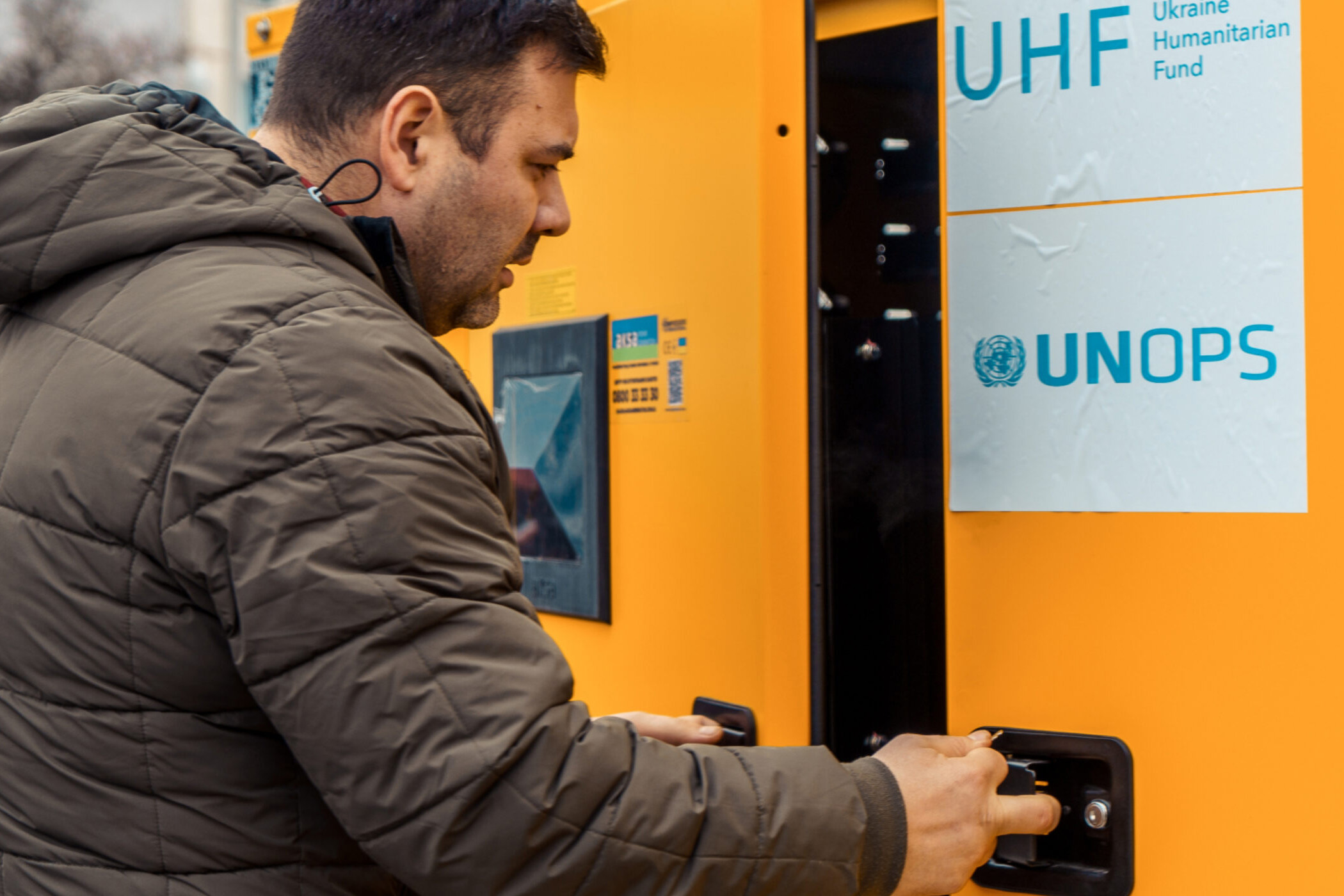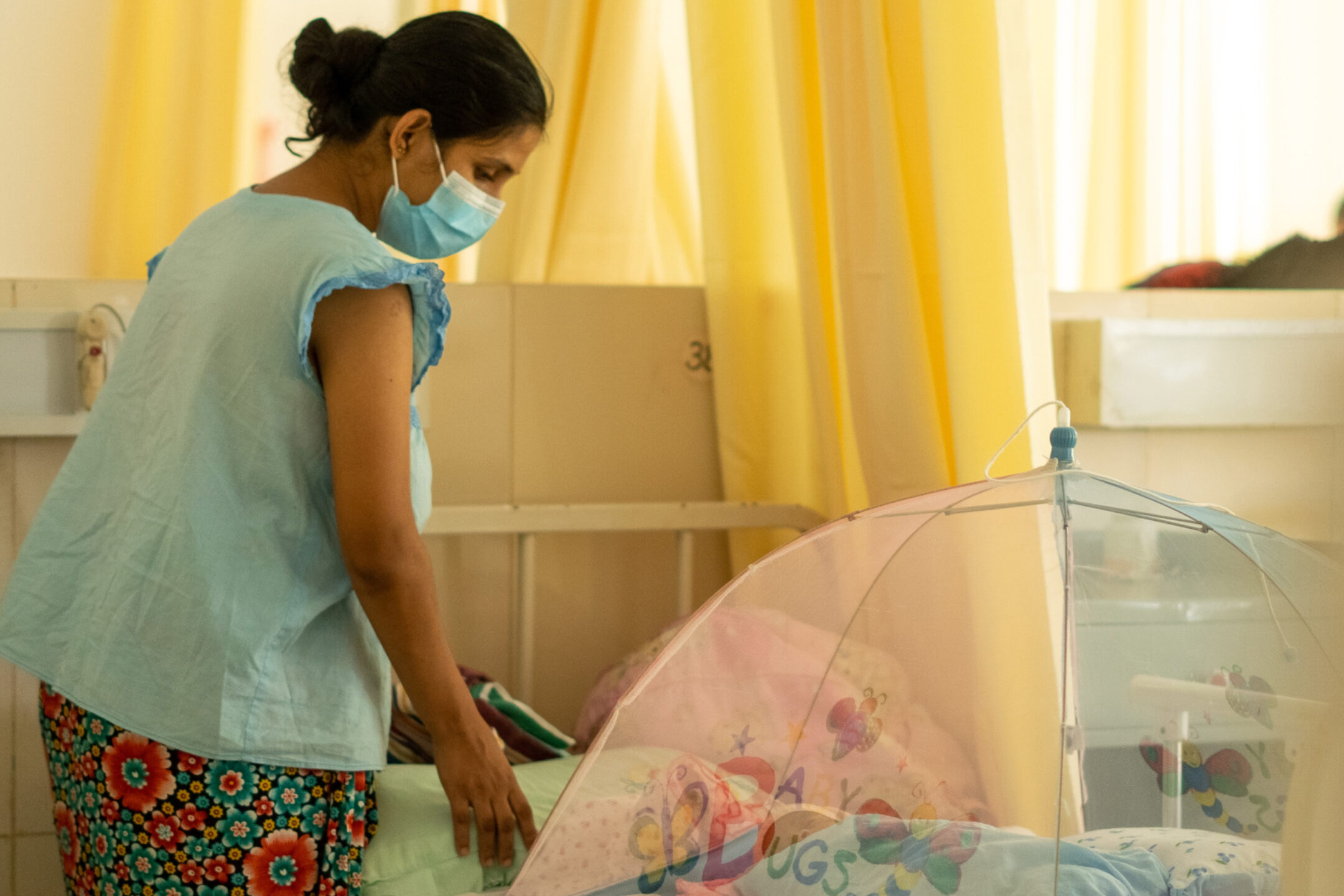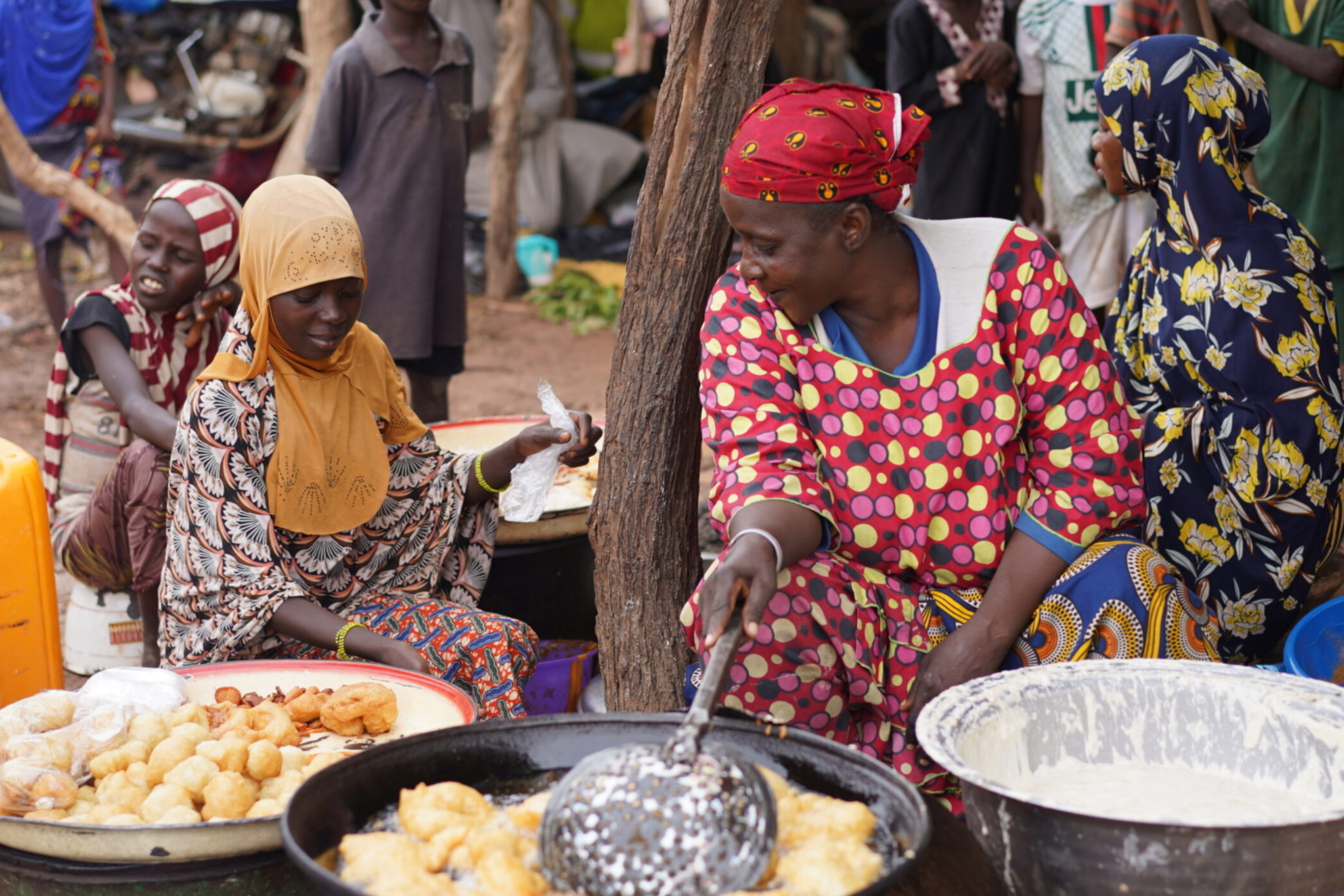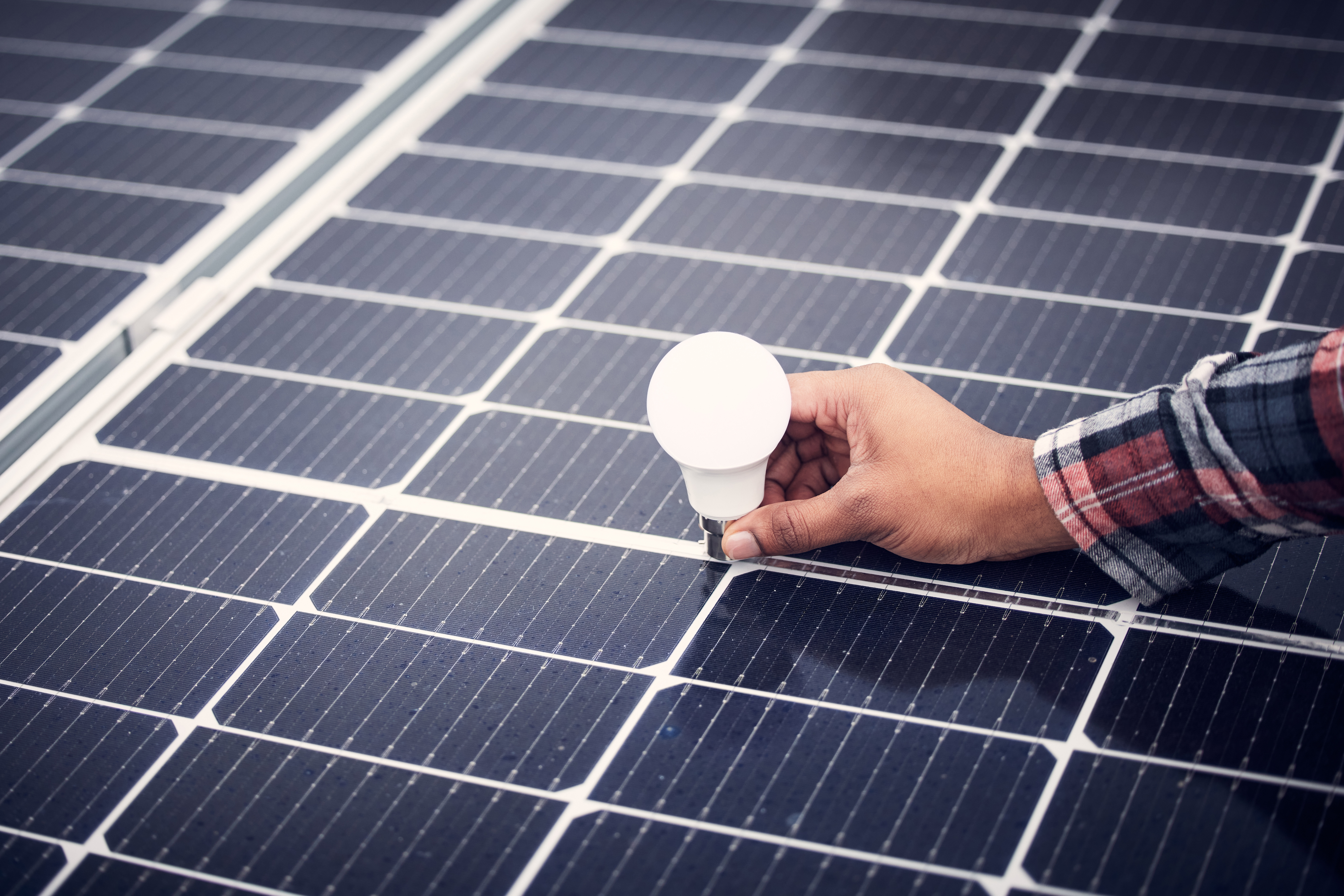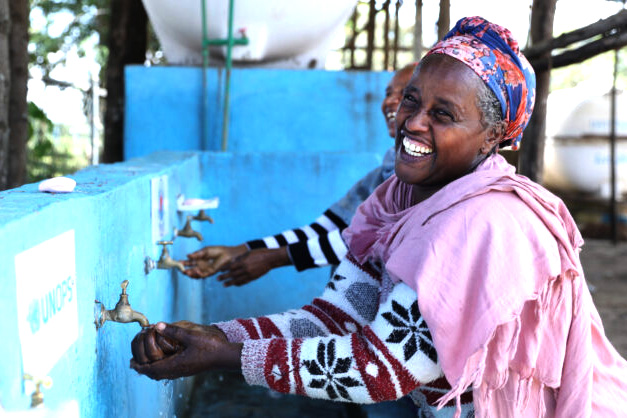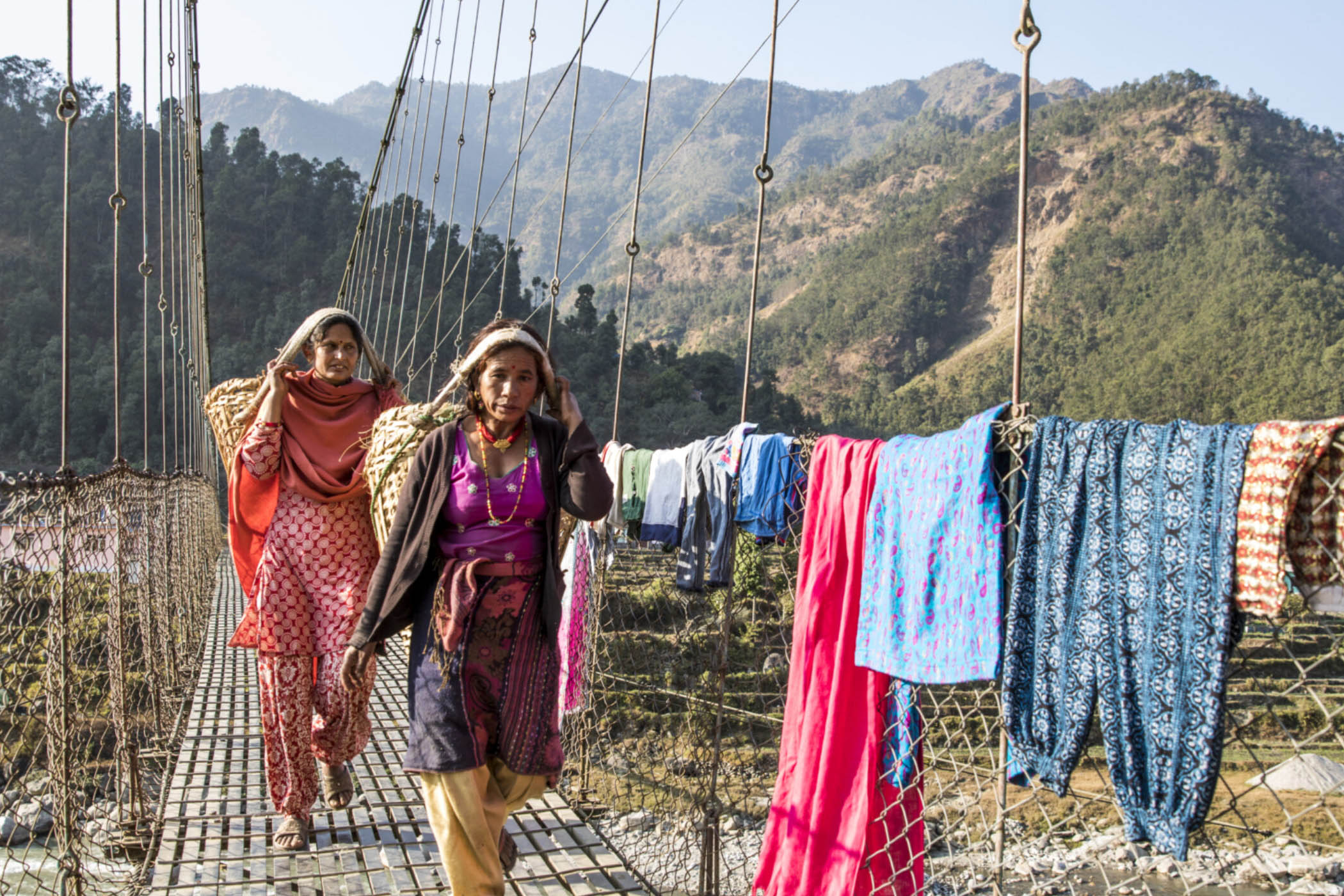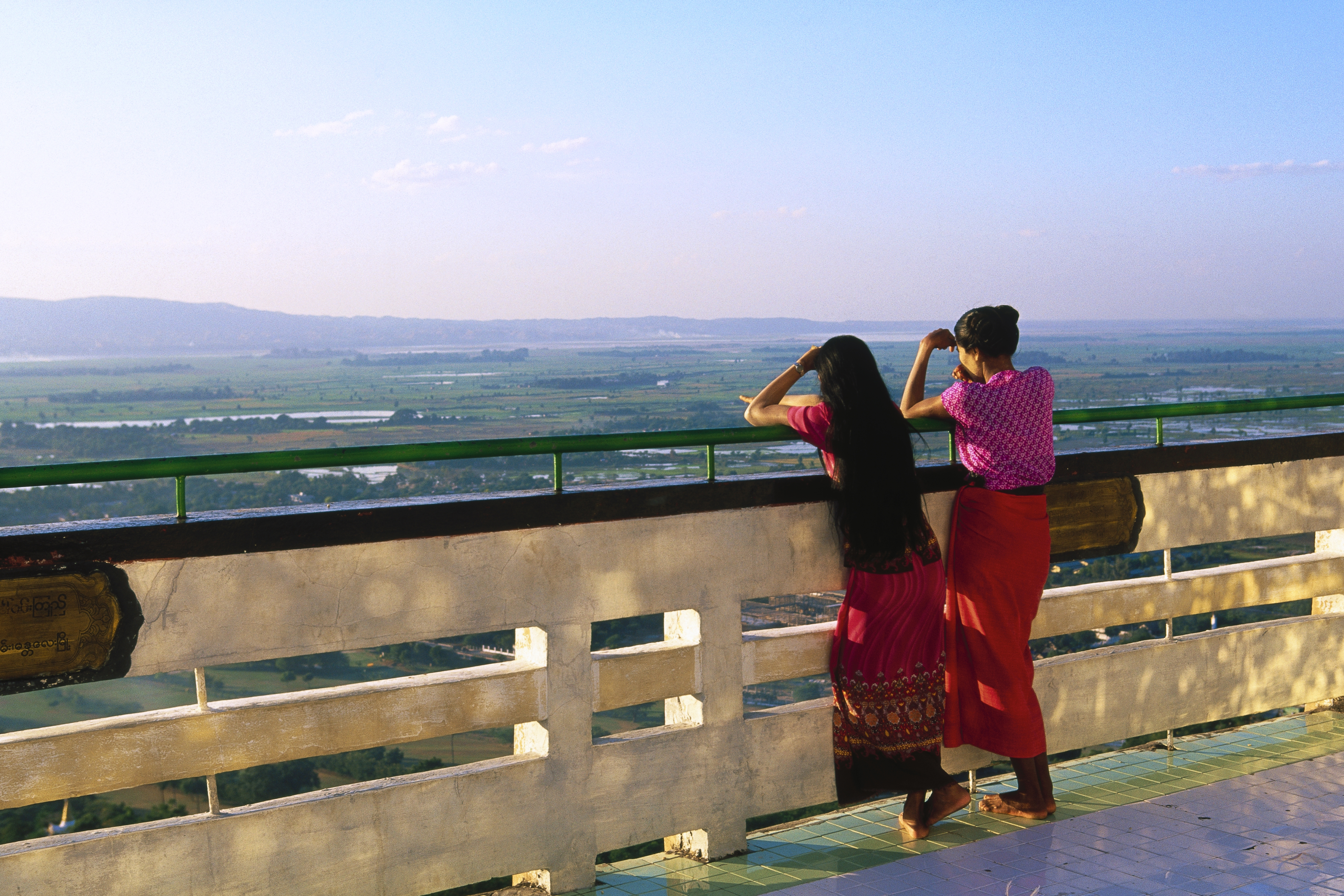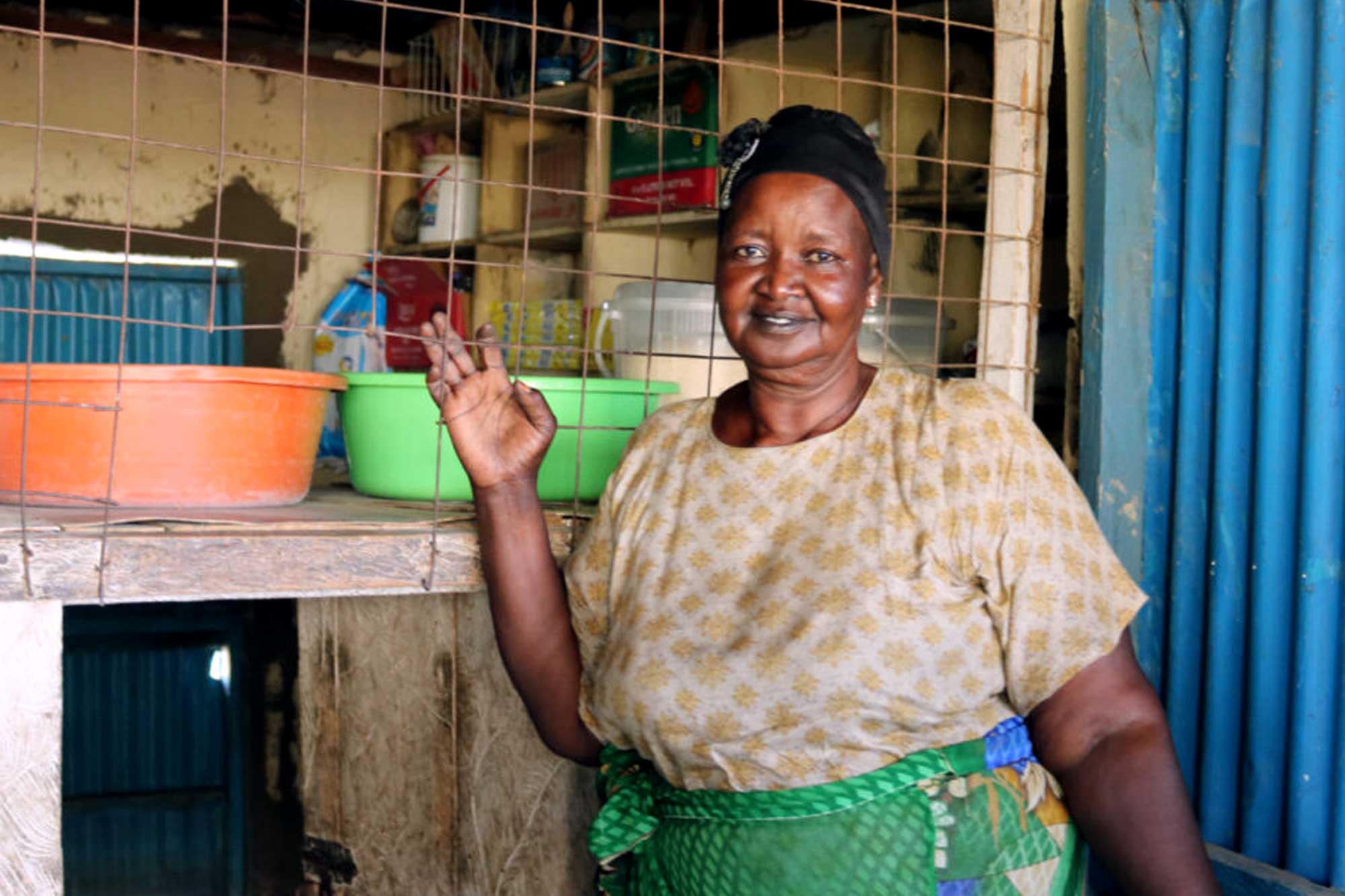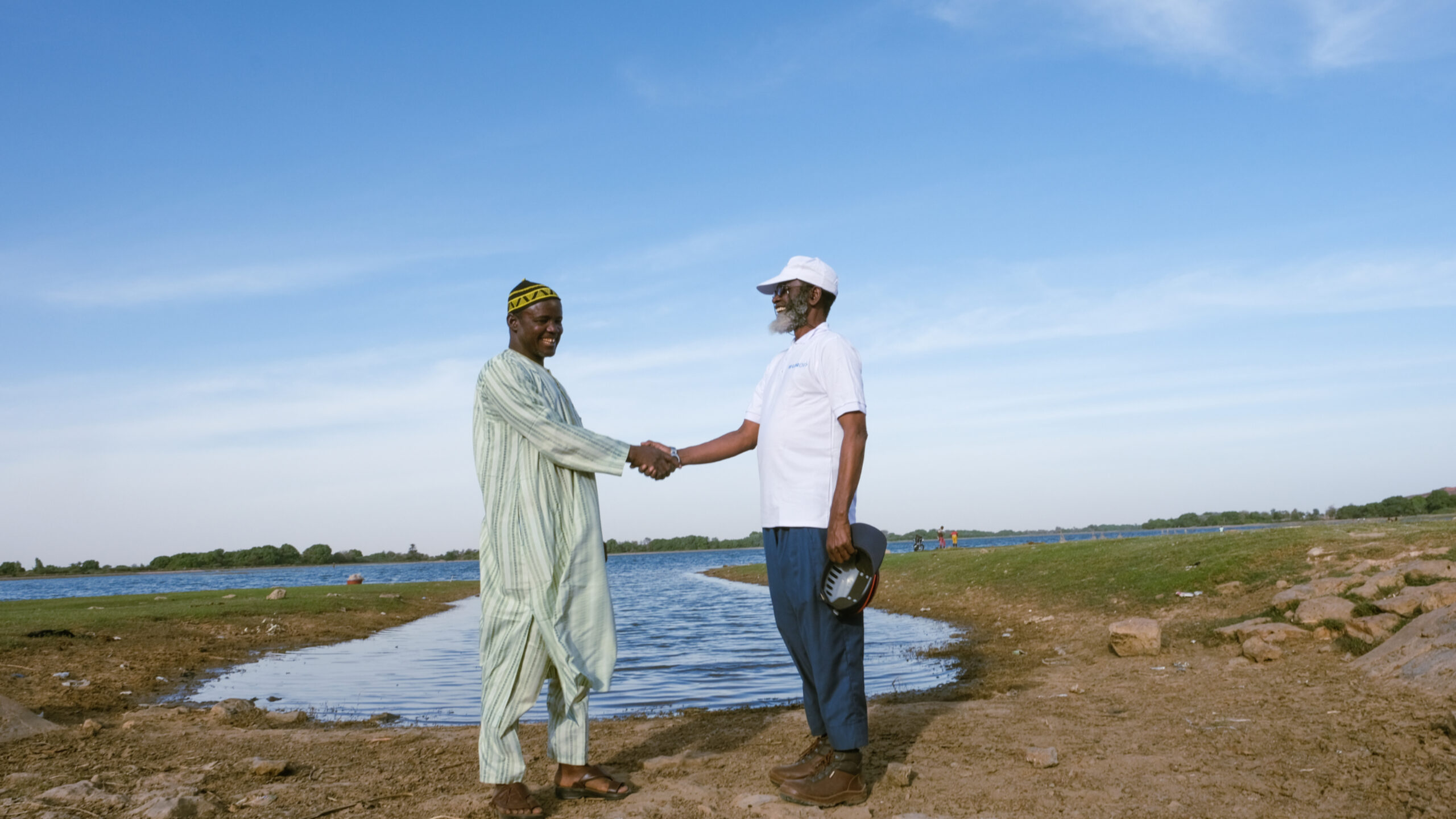At the beginning of 2023, UNOPS helped deliver more than 300 electricity generators to 13 regions in Ukraine as part of an emergency response project to support the needs of Ukrainian communities.
UNOPS
The capacity of the maternal and neonatal ward in the District General Hospital in Matara, Sri Lanka, is increasingly falling short. UNOPS works to rehabilitate a new hospital to serve the community.
To improve road safety and increase access to markets, UNOPS provided project management and technical assistance for the rehabilitation of more than 300 kilometres of roads in Niger.
Renewable energy is touted as a solution for rural electricity access in Africa. UNOPS-implemented projects in Sierra Leone run solar-powered mini-grid systems in rural areas of the country.
COVID-19 pushed healthcare systems to their breaking point. UNOPS works to help prevent the spread of COVID-19 and to minimize the toll on healthcare facilities and workers across Ethiopia.
Supporting sustainable procurement could help drive economic development in Least Developed Countries - here's how.
Least developed countries (LDCs) represent around 880 million people. That is 13 per cent of the world’s population. LDCs confront the biggest barriers to sustainable development. They face energy poverty, limited access to markets, lack of productive capacity and climate vulnerability. Together with partners, UNOPS implements a broad range of sustainable development projects in LDCs – supporting vulnerable communities and advancing opportunities and equality. The projects increase access to sustainable energy, build critical public infrastructure, strengthen resilience and expand health capacity.
Following the catastrophic floods that ravaged the country, over 20 million are in need of humanitarian assistance. UNOPS, with funding from the World Bank, is working with the Sindh government in responding to the crisis by procuring tents and other vital supplies.
The UNOPS Access to Health Fund aims to improve health equity in Myanmar – which has one of Asia's highest HIV prevalence rates - and supports the most underserved and vulnerable populations.
At UNOPS we're working with partners on projects that help tackle some of the world’s biggest health challenges, providing our expertise and experience in delivering resilient infrastructure, sustainable procurement solutions and more.
In Guinea, many young people struggle to find regular employment. For some, this can mean a life of poverty, crime and irregular migration. Kanoukpè Mammy struggled to find work after dropping out of school. Faced with limited economic opportunities, she became involved in petty crime. To give Kanoukpè and others like her the chance to break the cycle of poverty, UNOPS helped provide vocational training, small business grants and psychosocial support. Watch to learn more about Kanoukpè’s story.
UNOPS is implementing the South Sudan Safety Net Project on behalf of the government of South Sudan, using $40 million in funding from the World Bank.
In support of the Green Climate Fund, UNOPS is helping countries prepare for a low-emission, climate-resilient future.
In northern India, UNOPS is partnering with the government of Denmark and Jal Jeevan Mission to lay the foundations for healthier communities through improved access to clean water and sanitation facilities. Watch the video to discover more.
By 2050, the Word Economic Forum predicts that over 1.3 billion people in Africa will call a city home. As urban areas continue to grow, the burden on already struggling sanitation systems will become much too heavy. As newcomers arrive in already crowded urban areas, they often settle in informal settlements that lack access to basic services like sanitation, negatively impacting the people living there. Ensuring sanitation infrastructure can adequately deal with current needs and cope with future demands is vital. Existing waste management systems and infrastructure need to be adapted.

